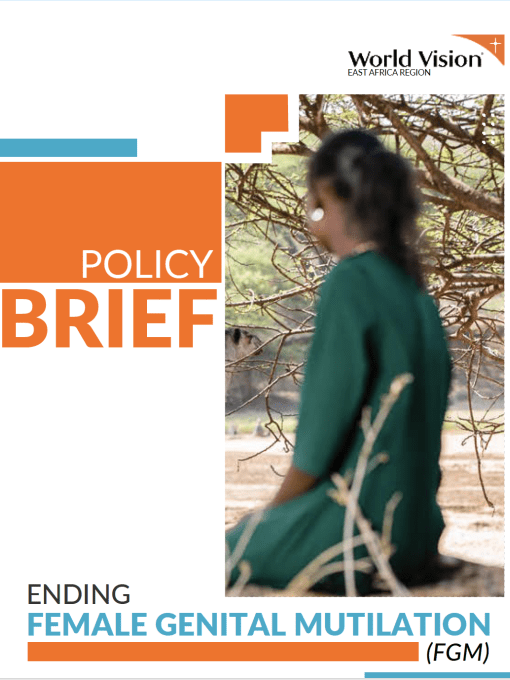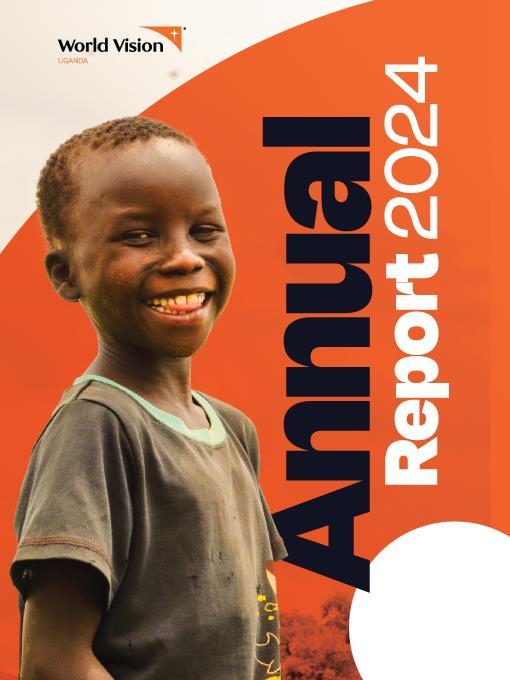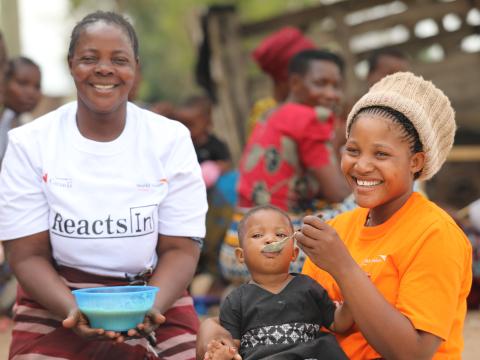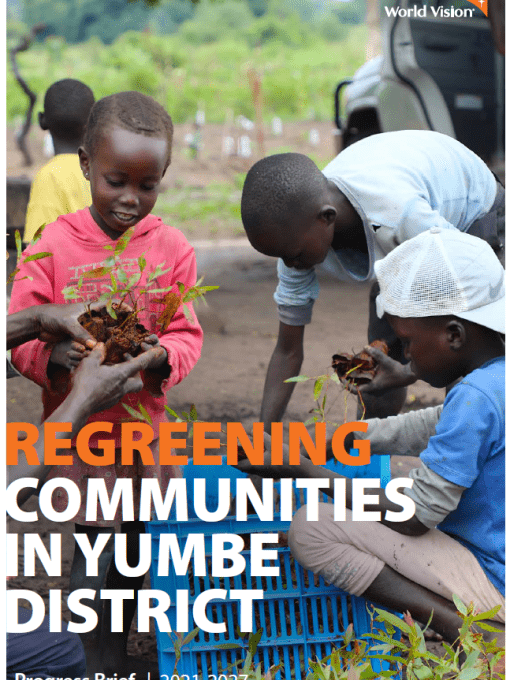Sudan Refugee Crisis:A challenge to child well-being
DownloadWorld Vision joins efforts to aid South Sudanese Refugees in Adjumani
As tension heightens along the Uganda-Sudan boarder, with over 3,000 asylum seekers entering Uganda daily, World Vision has joined efforts to condense the crisis, offering to work with the World Food Program (WFP), to implement food distribution to the refugees.
This role, which has since last month been entirely implemented by the World Food Program, is in the process of being passed on to World Vision due to the organisation’s capacity to handle larger crowds when it comes to relief food distribution.
Accordingly, World Vision Uganda is already finalising its groundwork survey in the West Nile district of Adjumani to assess all that is needed for the exercise, at both the reception and settlement camps.
World Vision is to also distribute none food items like saucepans, jerry cans, blankets, among others in addition to food distribution.
Impact Assessment
As of January 11th, Adjumani had at least 30,000 refugees. Majority of the arrivals are children under 18 from Jonglei and Unity states.
In addition, other 1,500 new arrivals are camping at Eregu Primary School near the main reception centre Dzaipi, also waiting to be moved. 80 percent of the new arrivals are Dinkas but there are other tribes like the Nuers and Murles.
Impact of the Crisis to Child well-being
According to these figures released by the office of the Prime Minister Refugee Desk in Adjumani, of the 30,000 Sudan refugees seeking asylum in Uganda, the number of children alone caught up in this plight is over 2000, while that of women is over 7000.
As of 7thJanuary 2014, 82 children had been registered at the Dzaipi reception centre as having separated from their parents in the process while 4 had crossed over unaccompanied.
There are 135 expectant mothers at the Dzaipi reception centre despite the facility not having any maternity services facility, save for a nearby health center III which already serves a catchment population of 10,700 people.
Water is another big challenge facing the reception centre as there is only one water tap serving the refugees not yet registered, with the rest also having one tap.
Children and adults both face a challenge of inadequate food as they lack capacity to prepare meals which means the refugees receive only two meals a day: porridge in the morning plus beans and posho in the evening.
There are no nutritional services at the Dzaipi health centre III with all the malnutrition cases being referred to the district hospital, which provides the conventional therapeutic feeding program.
There is no identified isolation centre as a contingency plan to stock pile for any disease in case of an outbreak, meaning that in case of a cholera outbreak; the entire camp can easily be affected.
The refugees lack shelter of where to sleep, with the only tent present being spared for those being registered, consequently, over 1,400 children and women sleep under polythene bags.
There are no non- food items like saucepans, cups and plates being distributed at the reception centre, meaning the refuges are currently sharing the few they have.
There is no community health education taking place, community health workers and no IEC materials in the camp. In addition, there are no village health teams helping out with the situation, due to lack of community health education on the ground.
Impact on WASH
Water and latrines are inadequate for the number of refugees at the reception centre as the only latrines available are those of the school, which are in a sorry state.
Sanitation still remains a very big challenge, as it is hard to maintain cleanliness due to the overwhelming number of refugees at the facility.
Because of the insufficient cooked food, many refugees are cooking from all corners of the receptcentre posing a challenge to sanitation and also denying children open space to play.
Settlement Plans
According to a communiqué from the office of the Prime Minister, land in 2 sites of Ayiro and Nyumanza in Adjumani district has been offered by generous communities for resettlement.
It is reported that these sites are former refugee settlements with some existing social infrastructure like water, schools and health facilities.
Upon arrival at the reception center, the arrivals are profiled, served with hot meals and accommodated in the only existing tent pending relocation to the two identified settlement centres where plots of land have been demarcated.



